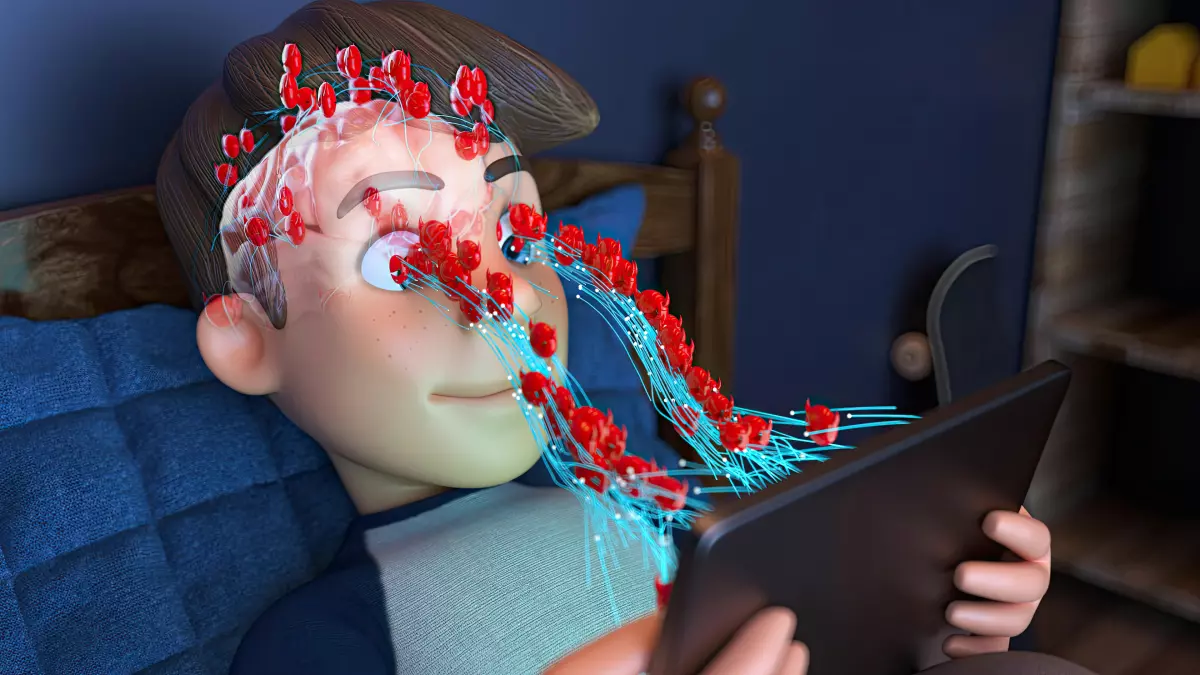AI's Role in Mental Health
Can a machine really understand your emotions? It’s a question that’s been floating around ever since AI started creeping into healthcare. But when it comes to mental health, the stakes are higher, and the skepticism is real. Can an algorithm really help someone battling depression, anxiety, or PTSD? Let’s dig into how AI is not just dabbling in mental health care but might actually be revolutionizing it.

By Tomás Oliveira
AI has already made significant strides in physical health care, but its role in mental health is still emerging. Many people are skeptical about whether an algorithm can truly understand the complexities of the human mind. But here’s the thing: AI doesn’t need to 'understand' emotions in the way humans do. What it can do is analyze patterns, predict outcomes, and assist in ways that might surprise you.
One of the most promising applications of AI in mental health is early diagnosis. Traditional methods of diagnosing mental health disorders often rely on self-reporting and subjective analysis by therapists. This can lead to delays in diagnosis and treatment. AI, however, can analyze vast amounts of data—everything from speech patterns to social media activity—and identify early signs of mental health issues before they become severe.
Take depression, for example. AI algorithms can analyze a person’s speech for subtle changes in tone, pace, and word choice that may indicate a depressive episode. These algorithms can also monitor social media posts for signs of distress, such as negative language or isolation. By identifying these signs early, AI can alert healthcare providers or even the individual themselves, allowing for earlier intervention.
Personalized Treatment Plans
Another area where AI is making waves is in personalized treatment. Mental health care is not one-size-fits-all, and what works for one person may not work for another. AI can help tailor treatment plans based on an individual’s unique needs. By analyzing data from previous patients with similar conditions, AI can recommend specific therapies, medications, or lifestyle changes that are more likely to be effective.
For example, AI can analyze how a patient responds to different types of therapy—whether it’s cognitive-behavioral therapy (CBT), medication, or mindfulness practices—and adjust the treatment plan accordingly. This level of personalization can lead to more effective treatment and faster recovery times.
But it’s not just about recommending treatments. AI can also help monitor a patient’s progress in real-time. Wearable devices, for instance, can track physiological data like heart rate and sleep patterns, which can be indicators of mental health. AI algorithms can analyze this data and provide feedback to both the patient and their healthcare provider, allowing for adjustments to the treatment plan as needed.
AI-Powered Therapy
Now, let’s talk about AI-powered therapy. You might be thinking, 'Wait, can AI replace my therapist?' The short answer is no—at least not yet. But AI can complement traditional therapy in some pretty interesting ways.
One example is AI chatbots designed to provide mental health support. These chatbots use natural language processing (NLP) to simulate conversations with users, offering support for issues like anxiety, depression, and stress. While they’re not a replacement for a human therapist, they can provide immediate support when someone is in crisis or simply needs to talk.
These AI-powered chatbots are available 24/7, making them a valuable resource for people who may not have access to traditional therapy or who need support outside of regular office hours. And because they can analyze the user’s language and emotional state, they can offer personalized advice and coping strategies.
Of course, there are limitations. AI chatbots can’t offer the same level of empathy or understanding as a human therapist. But for many people, they can be a helpful supplement to traditional therapy, especially when access to mental health care is limited.
Ethical Considerations
As with any technology, there are ethical concerns when it comes to AI in mental health care. One of the biggest concerns is privacy. Mental health data is highly sensitive, and there’s always the risk that it could be misused or fall into the wrong hands. Ensuring that AI systems are secure and that patient data is protected is crucial.
There’s also the question of bias. AI algorithms are only as good as the data they’re trained on, and if that data is biased, the algorithms will be too. This could lead to misdiagnosis or ineffective treatment, particularly for marginalized groups who may already face barriers to accessing mental health care.
Finally, there’s the issue of over-reliance on AI. While AI can be a valuable tool, it’s important to remember that it’s just that—a tool. It should complement, not replace, human judgment and expertise. Mental health care is deeply personal, and no algorithm can fully replace the empathy and understanding that a human therapist provides.
The Future of AI in Mental Health
So, what does the future hold for AI in mental health care? It’s clear that AI has the potential to revolutionize the field, from early diagnosis to personalized treatment and AI-powered therapy. But it’s also clear that there are challenges to overcome, particularly when it comes to privacy, bias, and the role of human therapists.
As AI continues to evolve, it’s likely that we’ll see even more innovative applications in mental health care. From virtual reality therapy to AI-driven mental health apps, the possibilities are endless. But one thing is certain: AI is here to stay, and it’s going to play an increasingly important role in how we approach mental health care.
So, can a machine really understand your emotions? Maybe not in the way a human can. But it can certainly help you manage them.
And that’s a game-changer.





